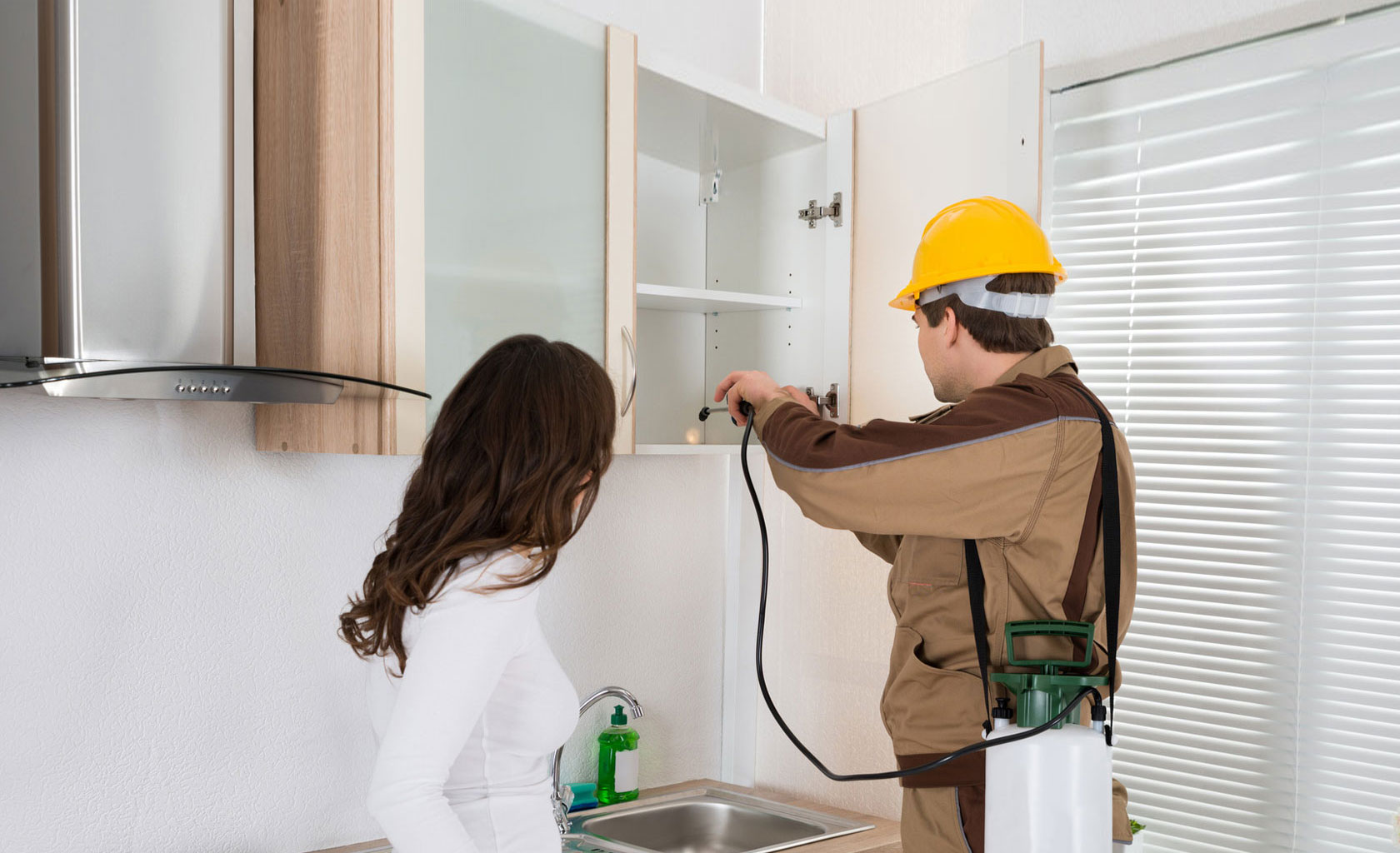Every company should have the incentive to try and save energy in the workplace since there are many advantages. For instance, using less energy will not only help save your company money but it will also reduce the amount of carbon being released into the atmosphere, which is essential for the environment. This in turn can help improve the general working environment and attitude of your workers.
There are a number of alternative energy sources available to help reduce your energy consumption, however, if you cannot yet afford to install these or your company is just not ready for whatever reason, do not panic.
Below are a number of useful tips which can also help make a positive impact on your energy consumption and save you money in the process.
1. Elect a member of staff to be your ‘Energy Champion’
When everyone is so busy with their daily roles, you are unlikely to see a combined or focused effort on saving energy in your workplace. As with the running of a company, where a CEO is elected to provide focus and goals, you need a single person, who can oversea your company’s energy saving efforts – an Energy Champion.
Make it the goal of your Energy Champion to coordinate other members of staff and organise any activities or tasks that can help reduce the amount of energy your company uses. For instance, they might be in charge of, or organise others, to:
– Keep track of meter readings and observe and report energy usage.
– Create initiatives and adverts to encourage other employees to reduce their energy usage.
– Be the first point of contact for energy saving initiatives and other matters.
– Keep an eye on how well the following 4 points are followed…
2. Workplace lighting issues
Shockingly, office buildings often use up to 20% more energy just by leaving lights on in empty rooms and corridors when not in use, as well as leaving lights on overnight. It is therefore crucial to:
– Make sure someone is in charge of turning off all the lights when the office is empty.
– Ensure your employees know they must turn off the lights if they leave a room; likewise if they see a light on when a room is not being used, they should turn it off.
– Make sure lights are not being used if there is enough natural light, since natural light is free!
– Use energy efficient bulbs.
3. Effective use of electrical equipment
Many employees will be guilty of not using their electrical equipment as efficiently as they should, so you should make sure they all know to:
– Switch everything off at the end of the day.
– Turn off their computer monitors when they are not using them, i.e. when they go out for lunch or attend a meeting.
– Avoid using screensavers since these actually use up more energy.
– Only turn on the equipment, such as photocopiers and printers, in the office as and when they are actually needed.
4. Heating the office
Heating the office can be tricky since some employees may prefer it warmer or colder than others. However, you must persevere to get it right since doing so will help save your company energy and money. Keep in mind:
– Your heating requirements will not be the same throughout the entire day, for instance the morning will always be colder than midday, so make sure your thermostat is programmed to come on only at the times when heating is required most.
– Make sure you check your thermostats regularly since employees may have altered the settings and this can end up costing you a lot of money each month – reducing the thermostat by 1 degree may save your 8% on your energy consumption.
– Be sure to check staff are not opening their windows at the same time as having the heating on, since this is a waste of both energy and money.
– Make sure you regularly check that radiators and heating systems are unobstructed.
5. Using hot water in the office
So much water is wasted in the workplace by staff running taps for ages in order for it to warm up. Not only does this cost you money, i.e. by using more energy to heat up the water but it also wastes a lot of water, which is just running down the drain unused. To help limit this wastage be sure to instruct your staff to:
– Think more carefully about how and when they heat up water.
– Try to use less hot water.
– Heat their water up to a lower temperature than they usually would.
– Make sure they report any dripping taps and leaks quickly so they can be fixed promptly.
Featured images:
License: Creative Commons
James writes for Jaga. When not writing, he can often be found trying to save energy at work and home.






